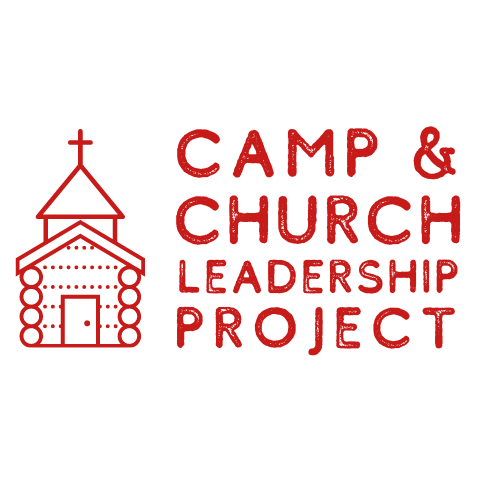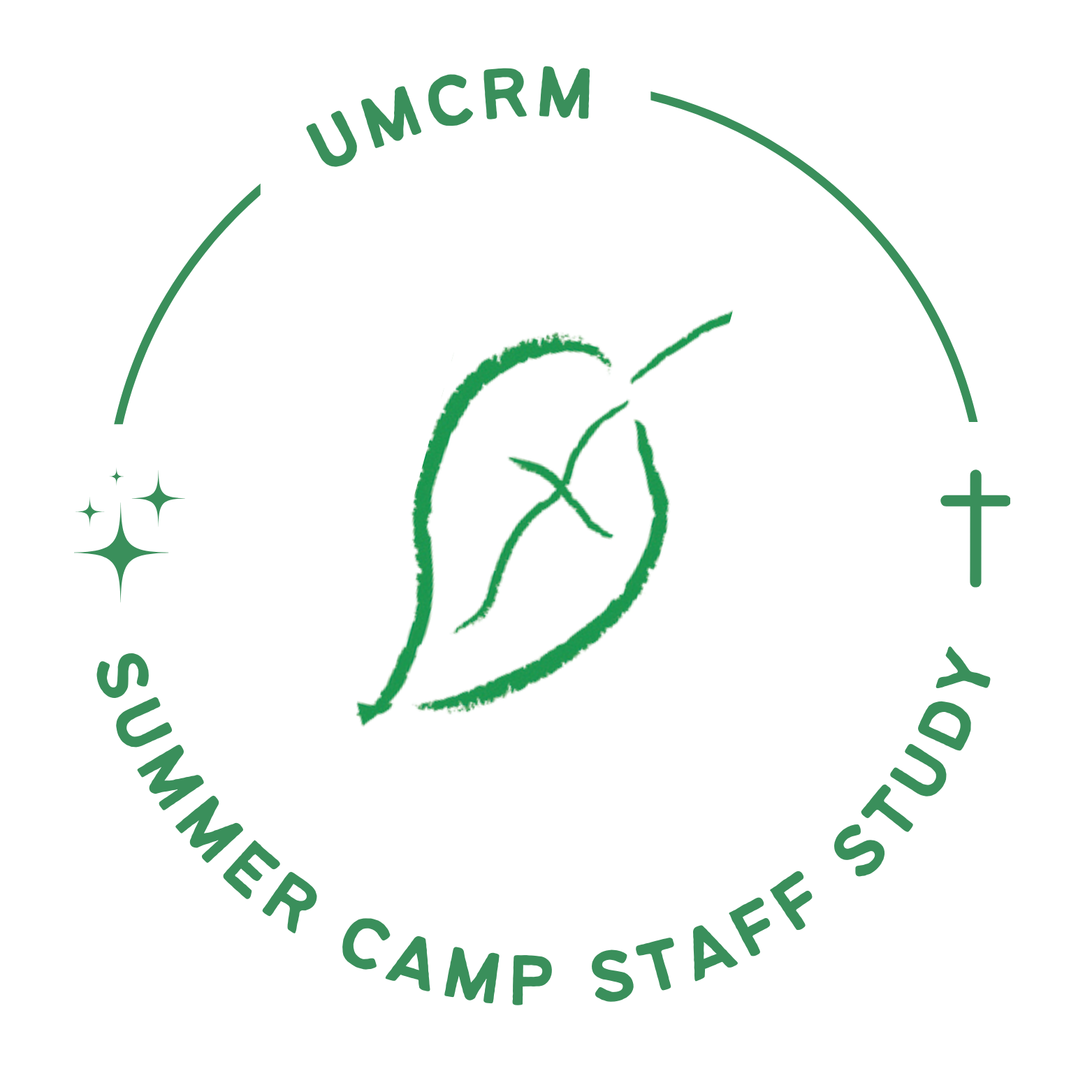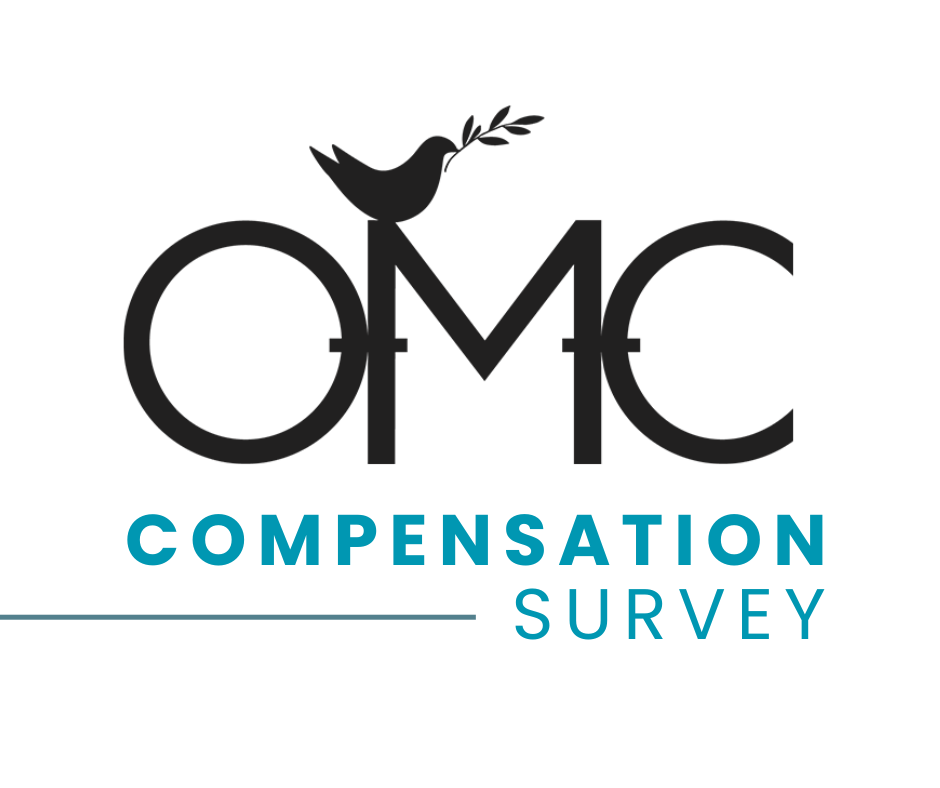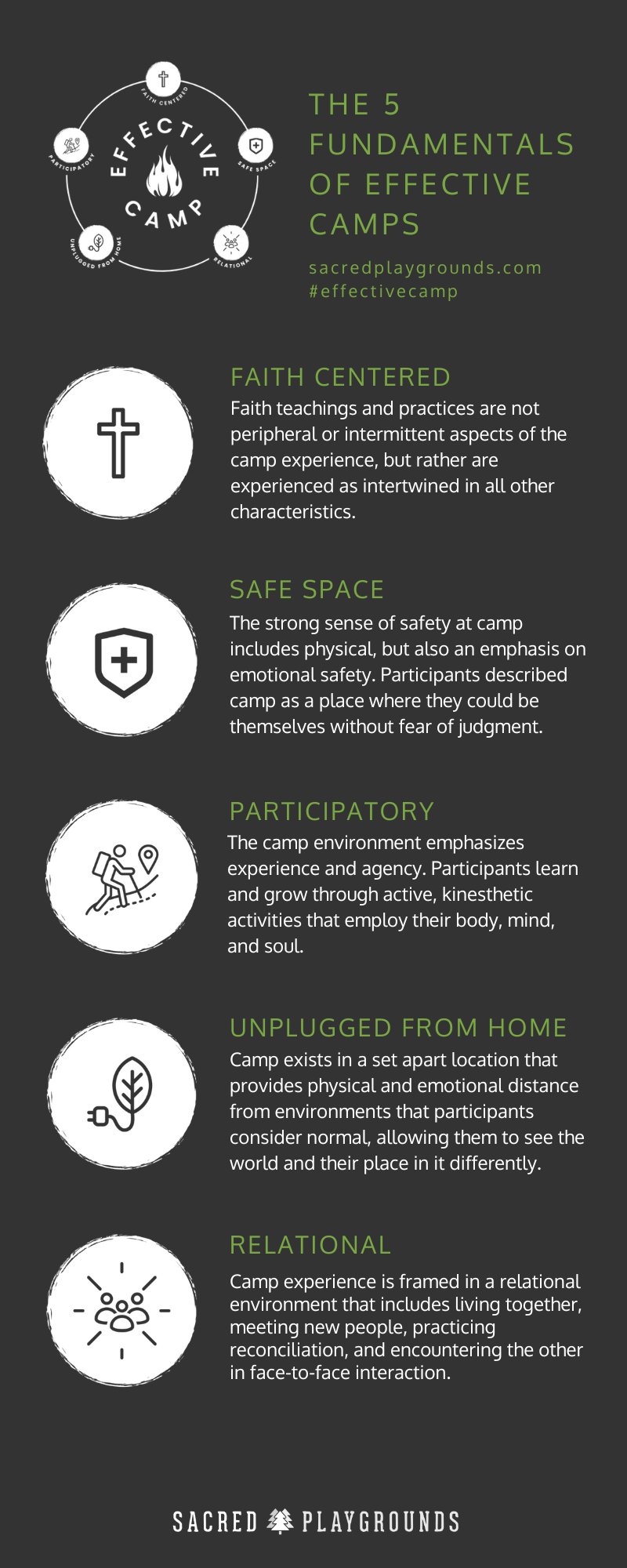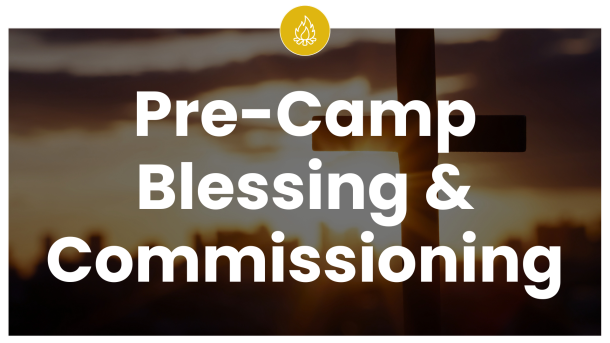Effective Camp findings
The wisdom of camp, shared throughout decades of learning about God and each other, shows us how effective and impactful faith formation can happen through outdoor ministry experiences when 5 fundamental elements come together at camp. view findingsstart a project
Camp wisdom speaks.
Outdoor ministry and the unique settings, experiences, and relationships that form through camp are a critical part of the ecology of Christian faith formation. Evidence is building that camp experiences continue affecting young people long after the last tearful goodbye, and we can build on the success of these experiences in our ministry contexts by knowing the potential impacts and forging connections between camp, congregation, and home. The impacts are clear and recognizable in camps that attend to the 5 fundamental characteristics of Christian camping:

Participatory

Faith-centered

Safe Space

Relational

Unplugged
Findings
What we're learning from Effective Camp ResearchEffective Camp Research Project Findings
The Effective Camp Research Project set out to answer: What is the impact of the one-week summer camp experience on the lives of the primary participants and their supporting networks? The project began in summer 2015 at 3 camps in Wisconsin, using the methodology of grounded theory in order to deeply listen to campers, parents, directors, summer staff members, and area church professionals. It was from this deeply embedded research that we uncovered what we call the 5 fundamental characteristics of Christian summer camp: safe, participatory, relational, unplugged from home, and faith-centered. Following the initial research, we began surveying summer campers on the first day, last day, and 2 months following camp to determine growth and lasting impact. It turns out that some effects of the camp experience tend to wear off in the weeks following camp, but there is compelling evidence for lasting change in several camp outcomes. Knowing how your camp is doing when it comes to these lasting outcomes can help you improve your programs, motivate your constituency, and strengthen your partnerships with congregations and families.
Partnership between camps, churches, and faith communities together serves to nurture faith, build character, and strengthen families. We’ve learned qualitatively and quantitatively through the Effective Camp Project that camp is a unique space in which 5 fundamental characteristics come together to create deeply impactful faith experiences. To date, we’ve collected, analyzed, reported, and consulted on data from:
Campers
Parents
Camps
States & Provinces
5 Fundamental Characteristics of Camp
Executive Summary
This four-page document sums up the important learnings from the first two phases of the research.
Full Report
Read the Full Report, a 21-page PDF detailing the key findings from the initial phase of the research project.
1 | Camp is Relational
We’re all so different, but we all came together and it was a puzzle that fit perfectly together. – Lutherdale camper
The entire camp experience is framed in an intensely relational environment that includes living together, meeting new people, practicing reconciliation, and encountering the other in face-to-face interaction. The potential impacts of this characteristic include improved social competency, increased self-confidence, and more positive attitudes toward Christian communities.
2 | Camp is Participatory
They’re teaching us without us knowing that we’re being taught! – Sugar Creek camper
The camp environment emphasizes experience and agency. Participants learn and grow through active, kinesthetic activities. These experiences are multi-sensory and often include new or novel experiences (especially in the outdoors) that participants characterize as fun. Participants even characterized the absence of technological devices as a positive aspect of camp that facilitated participatory encounter. The potential impacts of this characteristic include willingness to try new things, increased creativity, and more positive attitudes toward life.
3 | Camp is Unplugged from Home
Once you actually get away from your life, you can see a whole different angle, and it can be a lot more fun and exciting. – Lutherdale camper
Camp exists in a set apart location that provides physical and emotional distance from environments that participants consider normal. The differences highlight the special nature of the camp environment and provide perspective on the places participants left behind and to which they will return. The potential impacts of this characteristic include increased independence and differentiation from parents
4 | Camp is a Safe Place
The whole camp is like a huge safe zone. – Wapo camper
The strong sense of safety at camp includes physical safety, but there is a special emphasis on emotional safety. Participants described camp as a place where they could be themselves without fear of judgment or ridicule. The potential impacts of this characteristic that manifest themselves in the data include more positive self-understanding, increased self-esteem, and a desire to seek out safe places and relationships.
5 | Camp is Faith-Centered
Each time you go to camp, you run another mile in your race of faith! – Wapo camper
Faith teachings and practices are not peripheral or intermittent aspects of the camp experience but rather are experienced as intertwined in all other characteristics. The potential impacts of this characteristic include increased frequency of faith practices in the home, stronger identification with faith traditions, and ability to interpret life through the lens of faith.
Phase 1 | Summer 2015
Phase 2 | Summer 2016
Where do we go from here?
Below you’ll find your easy button on things to share about effective camp. These graphics and written statements help you tell the story of camps like yours and the depth of impact your ministry can offer in partnership with churches and families. The images are downloadable just by clicking. They are sized ideally for Facebook, work great in Instagram and Twitter, and can be embedded in your websites and emails as well.
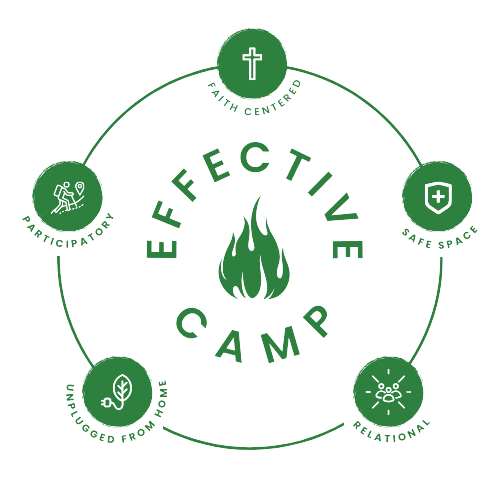
Talk with a Team Member
Join the Conversation
#effectivecamp
facebook.com/effectivecamp
Follow and use the #effectivecamp hashtag in your social media platforms to join in.


